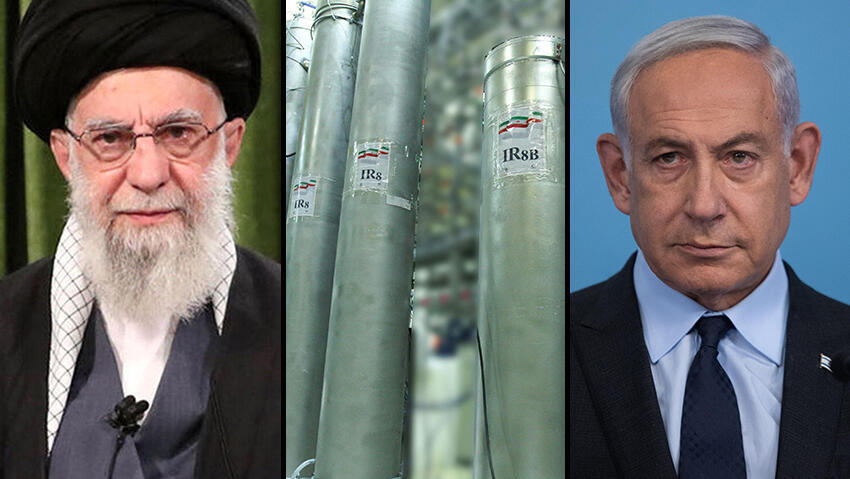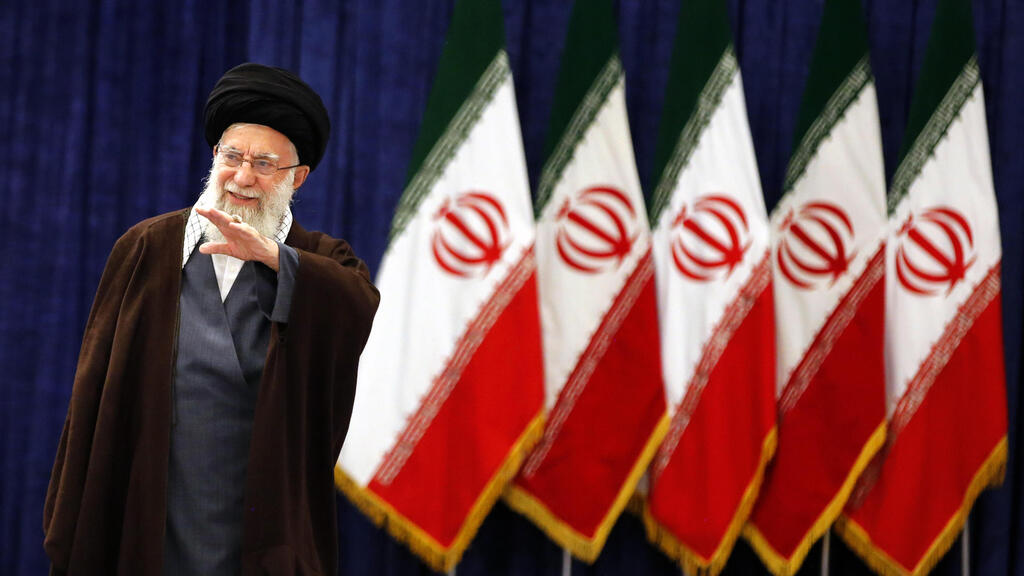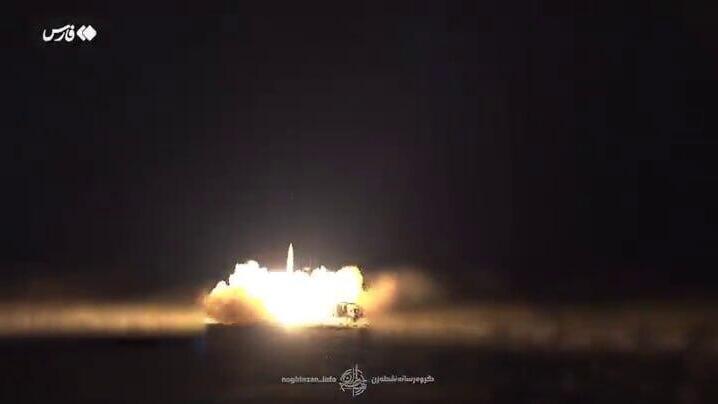Getting your Trinity Audio player ready...
Some 133 innocent Israeli hostages are still illegally held tonight by Hamas in tunnels and hidden apartments inside the Gaza Strip. On October 7, Hamas and other groups took no less than 250 hostages into Gaza, under a clear and well-crafted plan to hold Israelis as bargaining chips as Israel’s anticipated retaliatory response would be carried out. Cages were prepared to that end in Gaza’s suffocating, underground network of tunnels.
Indeed, this is the reason for which Hamas kidnapped them in the first place – a strategic wild card that restrains Israel’s moves in its ground maneuver and airstrikes, and a significant stumbling block that keeps dividing Israeli society. Meanwhile, the hostages themselves, some as old as 80 and some as young as celebrating their very first birthday in captivity, are paying the price of antisemitic terrorism.
Zooming out from the Gaza Strip, up until this week and in spite of Israel’s best efforts the world’s eyes were laser-focused on a conflict framed as the “Israel-Gaza War," rather than the First Israel-Iran War. Even more so, journalists and activists as well as prominent world leaders focused on the alleged plight and humanitarian “catastrophe,” in the words of UN Secretary General Antonio Guterres, in the Gaza Strip. The European Council’s statement on the “situation in the Middle East” almost entirely ignored the primary destabilizing force in the Middle East – Iran – and instead focused heavily on the humanitarian condition in Gaza. The same goes for much of the public statements by top Biden administration officials. Yet this framing is beside the point, as a much more in-depth, comprehensive and strategic struggle has been shaping this war: Iran’s seven-front campaign against Israel.
It was not until Iran itself, not its well-oiled machinery of regional proxies, fired over 350 ballistic missiles, cruise missiles and attack drones at Israel, that the international community reshuffled its framing of the conflict into a properly calibrated sequence. Iran's Supreme Leader Ali Khamenei is now viewed as directly responsible for the largest – though spectacularly foiled – missile attack in recent memory. Israel’s endless messaging never helped; the message needed to be visualized.
The shadow war has now emerged into the light, and it is high time to hold Iran accountable, not just for its illegal military nuclear program, its funding of terrorist proxies or its recent large-scale attack against Israel, but to pressure it to use its leverage on Hamas to release the hostages. As its protégé, Hamas is heavily dependent on Iran – not only its overt political support and legitimacy to the terrorist group that brutally murdered 1,200 Israelis on October 7, but the annual $360 million it receives from it.
Hamas leaders were welcomed in pomp and circumstance in Tehran, and the Iranian leadership, from leader Khamenei all the way down to President Ebrahim Raisi and Foreign Minister Hossein Amir-Abdollahian, vindicate Hamas’ “glorious attack” at every opportunity they have. Abdollahian even went so far as to suggest transferring the hostages to Iranian territory.
Yet despite this very clear pathway, there is no indication that the international community realizes that it has the leverage in its hands to release all hostages – not by pressuring Israel, but by pressuring Iran. So far, clear and unambiguous statements by senior American officials that highlight the linkage between the need for a temporary cease-fire in Gaza to the release of the hostages have been washed away in the ocean of “uncommitted” votes in presidential primaries in Michigan and Wisconsin.
HOW SHOULD ISRAEL RESPOND TO IRANIAN ATTACK?
On March 25, the U.S. abstained in a vote on United Nations’ Security Council resolution 2728, that for the first time broke the linkage between cease-fire and hostages, ending a long-standing American commitment in this war. This generated a serious crisis between the two nations, with some researchers describing how the US “threw Israel under the bus."
Despite the U.S. State Department’s claim this was a technical, rather than substantive, move, Biden himself reiterated that message clearly in an April 10 interview with Univision. Biden called Israel’s policy in Gaza a “mistake," and stressed the need for an unconditional cease-fire. “What I'm calling for is for the Israelis to just call for a cease-fire, allow for the next six, eight weeks, total access to all food and medicine going into the country… There’s no excuse to not provide for the medical and the food needs of those people. That should be done now,” he said.
3 View gallery


Khameini. Netanyahu and enriched uranium
(Photo: Alex Kolominsky, AFP / HO / KHAMENEI.IR)
This marked a significant shift from Biden's October 16 interview with 60 Minutes, during which he said:, “We’re going to do everything in our power to find those who are still alive and set them free. We’re working like hell on it. The President of the United States of America cares deeply about what’s happening. We have to communicate to the world, this is critical. This is not even human behavior. It’s pure barbarism.”
It is often said that the humanitarian conditions in Gaza are “dire," despite the fact that over 450,000 tons of humanitarian aid donated by the international community has entered Gaza since October 7 through Israeli border crossings, at a pace of 400, even 500 trucks per day. Yet, with the exception of occasional statements by Secretary of State Antony Blinken and UK Foreign Secretary David Cameron, rarely does the international community refer to the hostage issue – and almost never with the same superlatives as those used to describe the Gazan population, just this week spotted cheerfully bathing on the Dir Al Balah beach. The hostages’ situation is as dire as can be, with no 500 trucks of humanitarian aid arriving to help them.
 Or YissacharPhoto: Michael Pavia
Or YissacharPhoto: Michael PaviaMeanwhile, Hamas seems to be deliberately refusing a deal, according to a joint statement by the Mossad and the Israeli prime minister, and despite the best of efforts a deal still seems far-fetched. Israeli military pressure was the primary factor that bent Hamas’ arm in November, according to IDF Chief of Staff Herzi Halevi and multiple military experts, yet it does not seem to do the trick now.
The hostages must be brought back home, after almost 200 days in captivity. Yet instead of pressuring Israel to compromise on its national security and accept Hamas’ “outlandish” demands, in Netanyahu’s words – the international community should be pressuring Iran. One word from Iranian Supreme Leader Ali Khamenei – and the hostages will be released.
Or Yissachar is VP of Content and Research at IDSF-Habithonistim – Israel’s Defense and Security Forum







